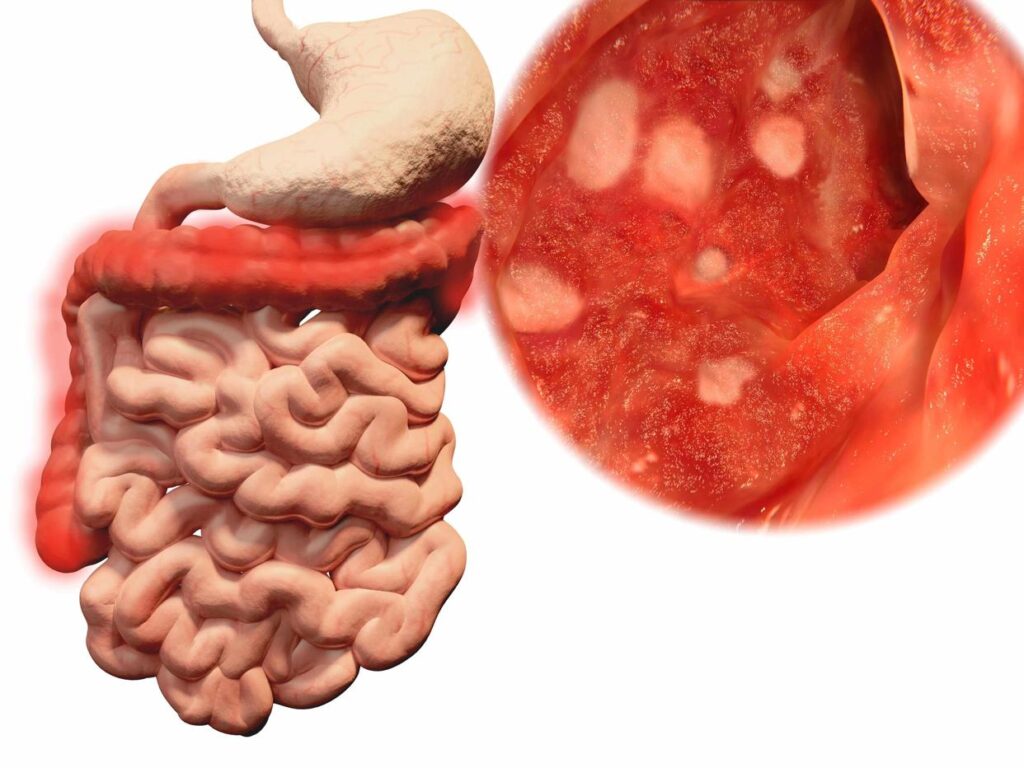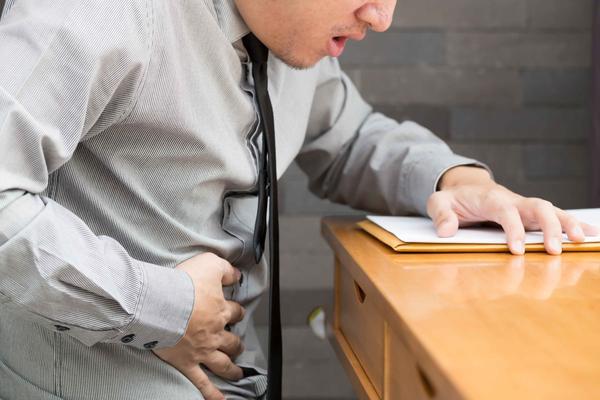What are the symptoms, Signs of Colon Cancer, Cancer in the Intestine? With the improvement of living standards year by year, many diseases also follow, especially some intestinal cancers. The appearance of these cancers has a great relationship with diet and lifestyle.
Once cancer occurs in the intestine, if it is not detected in time, it can easily lead to the rapid death of the patient. Many intestinal cancers are found in the middle and late stages, and the best treatment time has been lost.

In fact, when the intestine is invaded by cancer cells, the body will frequently experience some symptoms. If detected and treated early, the patient’s life can be saved to a great extent.
when the intestine is invaded by cancer cells, what are the symptoms of the body?
1. A change in bowel movements
Whether it is rectal cancer or other bowel cancers, there will be a series of symptoms of bowel changes in the early stage.
Early patients will have a tenesmus defecation pattern. This is because the lesions stimulate the intestinal mucosa, which leads to reflex defecation, and some patients also experience alternating diarrhea and constipation.

In addition, the patient may also have symptoms of blood in the stool and pus in the stool. Stools become thinner in shape, a phenomenon caused by the narrowing of the bowel lumen caused by the tumor.
2. Abdominal discomfort
After cancer cells develop in the gut, patients experience intermittent and recurring abdominal discomfort in the abdomen. General symptoms are dull pain in the abdomen, accompanied by a series of abdominal distention.
hen there is abdominal pain and bloating, even if the patient takes heat compress, massage, etc., these symptoms cannot be changed.

However, these symptoms will disappear suddenly, it is easy to make the patient lose vigilance.
When this abdominal discomfort is relatively strong, if you touch the patient’s abdomen with your hands, you may find abdominal masses of different degrees and sizes. When these masses are touched by hand, there is no pain or tenderness.
3. Shortness of breath
After the intestine is invaded by cancer cells, the patient will soon experience fatigue and shortness of breath. Patients will feel fatigued for no reason, the body will not have any strength, and sometimes even doing some very simple housework will be exhausted.

In addition, when patients experience fatigue and shortness of breath, they are usually accompanied by a series of discomforts such as pale complexion and inexplicable dizziness. This phenomenon is usually caused by the patient’s symptoms of anemia.
4. Rapid weight loss
If the patient loses weight rapidly, it means that the cancer cells in the intestine have entered a more serious level. At this time, the patient’s appetite decreases very rapidly, and the digestive function is particularly slow.
Symptoms such as abdominal pain, bloating, constipation or diarrhea, and blood in the stool often occur, resulting in the inability of patients to eat normally, resulting in severe malnutrition. In addition, once cancer metastasizes, it can cause systemic symptoms.

It can be seen that when the intestine is invaded by cancer cells, there will be changes in defecation in the early stage, such as blood in the stool and thin stools. In addition, there will be a lump in the patient’s abdomen, and the patient will experience fatigue, shortness of breath, exhaustion, weight loss, anemia, etc. Therefore, once there is a change in stool in daily life, you should be admitted to the hospital for examination immediately. It may be the early symptoms of cancer cells after the invasion of the intestine, and early treatment can prolong the life of the patient to the greatest extent.
Read more about health and fitness at www.growmorehealth.com
